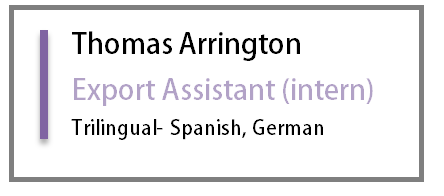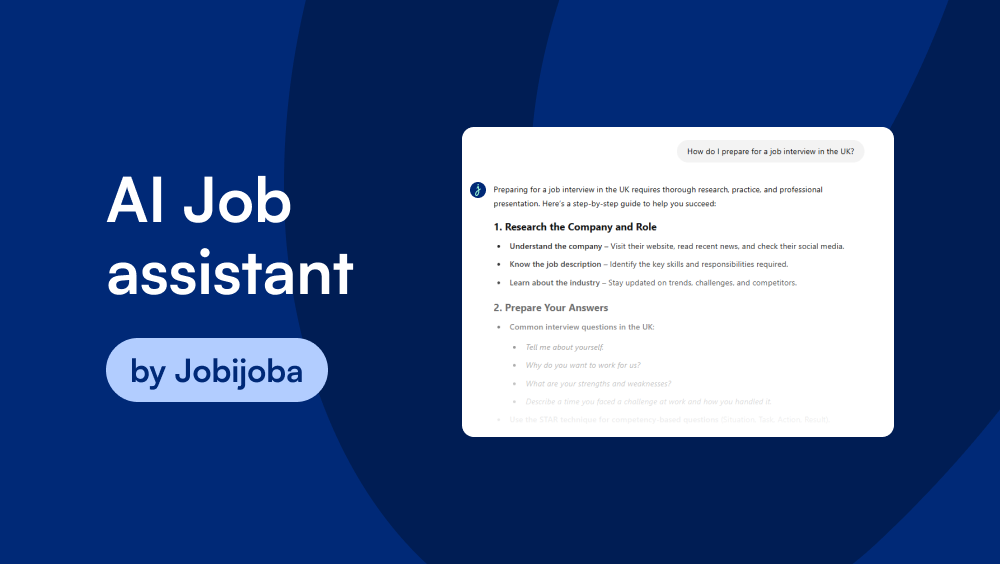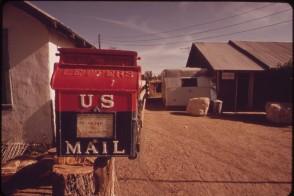You are at the beginning of your career. Your studies have just finished and you are looking for a job. These 7 useful tips give you the ability to produce an excellent first application. We help you abandoning struggles associating with writing a CV.
1/ Headline
A headline on a resume offers shows what the candidate is searching for. The reader gets a first idea of your personality. Do not use unclear or incomplete expressions that could produce misunderstandings. If you want to apply for different jobs at the same time, make sure that you have changed the heading line. Personalize, don't standardize!
Searching for an internship? Identify keywords in your CV heading that describe the internship offer. An internship heading can also include the desired period/length of the practicum.

2/ How do I present short work experience in my application?
It takes approximately 40 minutes (average time) to read an application. Use one structure for one CV. It is crucial to facilitate the reading process. Please do not doubt on the value of an internship! You can stand out by the way you are presenting your experiences. Your internship was made up by coffee and photo copies? Never say die! It is all about upgrading:
…Highlight the internship period in two different ways to facilitate reading.
…Indicate the company's name, activity and products or services.
…Describe project goals, missions and results.
Quantifying results of three months internships seem impossible? You can explain that some of your ideas had been implemented. Argue that your participation and work on certain projects are forming a basis for the continuation of a concept…
3/ Is it necessary to talk about an internship?
Your work as an intern is an official employment agreement between employee and employer. Just like a permanent or temporary contract! Ignore prejudices against trainee jobs or interns. There you will be formed for your future profession. Regarding the importance of internships in your young life, we therefore show you a different way how you can formulate a position as an intern: “Project Assistant (internship)” or “Junior Manager (intern)” for example. Add also your missions of your professional experience. That underlines your understanding of organized work.
4/ No professional experience: Summer jobs and School/University projects
You can expand the professional experience part by mentioning projects that you have realized during your formation. Only relevant projects should be mentioned. It is also possible to build a sub-category “professional projects”: You can highlight projects that you have carried out with companies. Team-working skills, target-oriented work or summer jobs bring added value to your CV, too. Group your experience. A detailed description is not necessary.
5/ Do I need to mention all milestones of my education?
The names of your primary school or subject combinations do not interest anybody. Highlight real certificates, diploma and degrees. You can accentuate degrees with excellent or good grades.
6/ Is it necessary to open a category “skills/expertise”?
Definitely, yes! Technical skills such as software programming, technology skills like woodwork or languages contribute to the decision whether you get a job or not. At the beginning of a career this section should not exceed four or five points. Avoid vague terms such as “Marketing”, “Commercial” or “Technology”. You can use European references (A1, B2) to evaluate your linguistic skills. TOEIC or TOEFL tests are international standards.
7/ Hobbies on my CV?
A job interview is directed to get to know your personality! Hobbies or your participation in association life may give people this information. Travelling, reading or cinemas are no meaningful hobbies in a CV. Fix hobbies that could arouse people's interest: Travelling, ok, but where? One month in Bangkok. Reading ok, but which type of books? 18th century literature.
Avoid repetitions. One CV side is enough for young professionals.









What do you think about it? Share it with us!